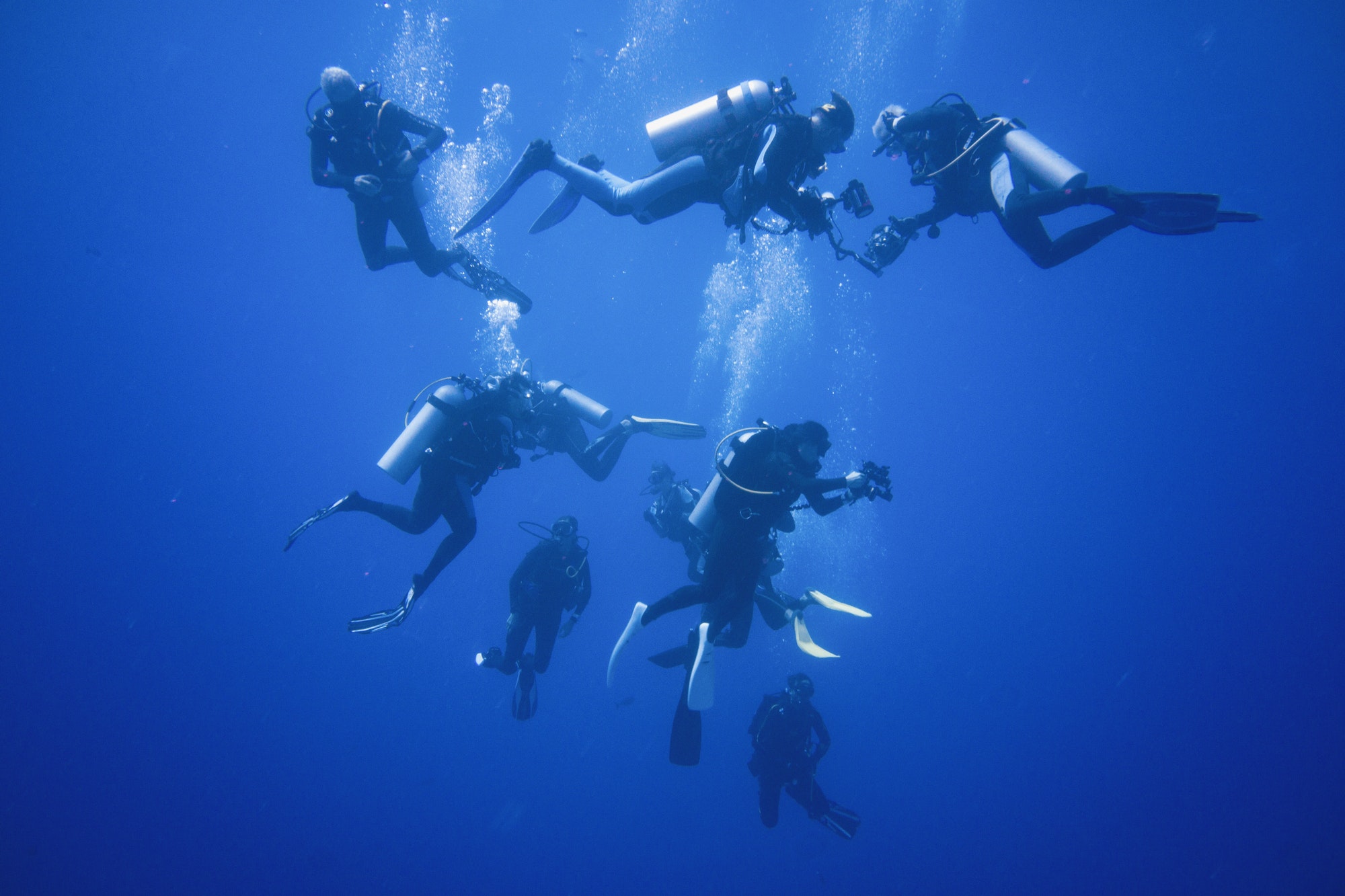When Scuba Diving, you must always be aware of the risks. There are several risks that you should consider. For example, if you do not know how to swim, you may not be aware of the hazards that could harm you. Besides, scuba diving may not be safe for those with weak muscles and weakened immune system. Scuba diving is not for people with a heart condition. The dangers of Scuba Diving may not be the same for everyone.
Some of the benefits of Scuba Diving include cardiovascular exercise and weight loss. A recent study found that scuba divers burned about 600 calories an hour, more than anyone else could do. This is due to the fact that scuba diving is not only relaxing, but it is also an exercise that is extremely effective for your body. A full hour of scuba diving is very physical. It’s also an excellent workout for your muscles.
You can also try cage diving with sharks. This is a unique experience that will be memorable for you and your family. You’ll dive with a large shark shoal, surrounded by a vast reef. The stomach of the fish is a magnet for these animals, so if you’re a beginner, you might want to skip this dive. If you’re an experienced diver, you can even do a cage dive with these amazing creatures.
Scuba diving in Micronesia is a must-do if you love the ocean and exploring its many fascinating underwater life. You’ll be surrounded by a colorful coral reef and can see some of the world’s most fascinating WWII ship wrecks. You might even come across some new friends on your trip. If you’re an expert diver, you can even dive with sharks if you ask the operators ahead of time.
Whether you’re a beginner or a seasoned diver, Hawaii is the perfect place to experience the best of the ocean. The islands are renowned for their great scuba diving and offer some of the most beautiful waters in the world. The best places to Scuba Diving in Hawaii are in the Hawaiian islands, but you’ll also have the chance to see whale sharks and seals. It’s also a good idea to get a certified scuba diver before you go diving.
Once you’ve had a few dives, you can start logging them. You can log the depth, the duration, residual inert gas levels, and other important information that you might find helpful in planning your next dive. The information that you enter in your dive log can be useful later on, so don’t wait any longer. In the meantime, you’ll be diving in the ocean for the rest of your life.
